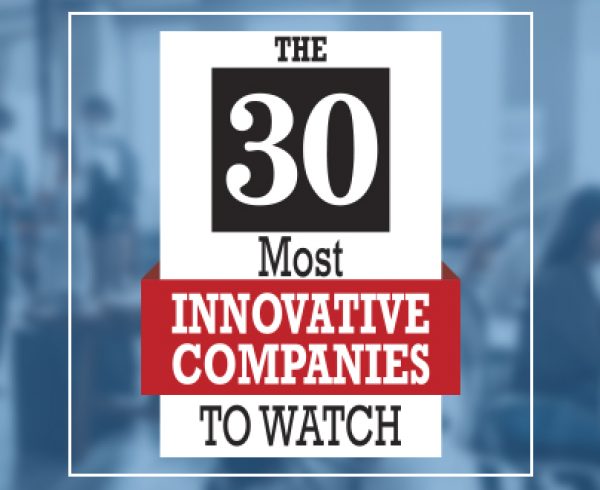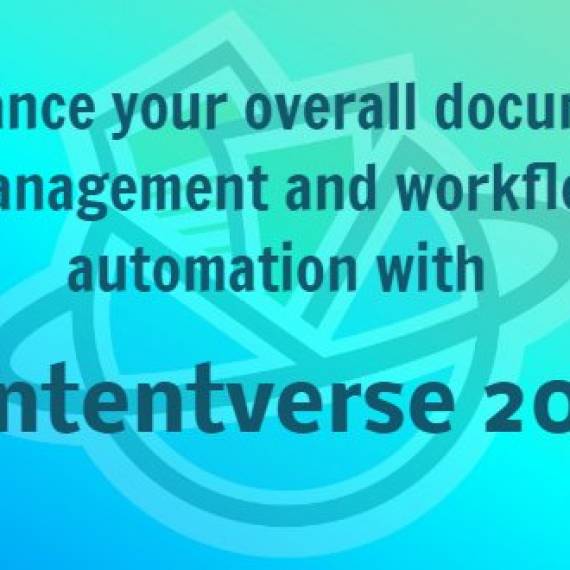Globally, employee engagement isn’t looking so hot. The numbers hover around 13% of employees reporting being “engaged” in their work (it’s about 32% in the U.S.), with this idea of “engagement” being tied to companies that grow faster and scale quicker than competitors. Unfortunately, these engagement numbers haven’t budged in about a half-decade — and trust in the workplace globally sits at about 46%. (This refers to the trust that employees have in their employer.)
These numbers aren’t great, but it’s important to remember that they are macro discussions. It’s based on research with (oftentimes) thousands of companies in a survey format. So the whole, things maybe are not great for some white-collar workers around the world — but at a micro, individual level, the picture is a little bit different. There are hundreds of awesome jobs out there. Getting them may be a challenge (it always is), but knowing they exist — the purpose of this post! — is the first major step. Let’s run through five such careers developing today.

Artificial intelligence researchers / project managers
Here’s something most people probably don’t know: artificial intelligence actually debuted at a conference at Dartmouth University in 1956. Yep, 11 years after the end of WW2, artificial intelligence was on the scene. At the time, there was a lot of optimism. Some people at the conference believed robots and AI machines would be doing the work of humans by the mid-1970s. Of course, that didn’t happen — what happened instead was that funding dried up and a period called “The AI Winter” began. That ostensibly lasted into the 2000s, when IBM’s Watson peaked a lot of interest in artificial intelligence again.
Now we’re at an interesting place. Like PCs in the early 1980s or the Internet in the early 1990s, artificial intelligence is “out there” and people know about it — Tom Cruise and Will Smith movies, for one — but it hasn’t impacted businesses just yet. (Well, not most businesses.) Prominent Silicon Valley executives, like Sam Altman of Y Combinator and Elon Musk of Tesla/RocketX, are beginning to do more around AI — including being scared of its potential ramifications.
Now, AI is positioned to be a massive game changer in many industries. In the lifetime of those potentially reading this article, some of the biggest developments have been the Internet and the smartphone. AI could go way, way beyond the potential there.
Another perk of this job: you get to work with cute robots all day and teach them basic human functions like “how to wave,” as seen on that last link. (Edit: cute until they come for your job! We’re just kidding.)

Big Data analysts
Even though some — like Stephen Dubner of Freakonomics — have pushed back on the value of Big Data (noting that humans like to rely on their gut), Big Data has created big career opportunities in most industries. Many current executives didn’t come up in their field with a deep contextual understanding of data, so they need to assemble teams that can help them with this.
One fun perk of this job: money. (Hey, many of us live in a capitalism.) Data analysts and scientists often have a starting salary of $118,000.
Another fun perk: you can use actual numbers/data/information from customers, clients, and partners (depending on your business model) to drive more effective decision-making. If you marry Section 1 here (AI) with this section, here’s where you land: more effective AI will likely lead to more automation, which will replace many human jobs. But … and this is a big “but” — if human decision-making can become more rational and data-rooted, the case for automation weakens somewhat. (Yes, there is still a case on cost in that humans have to be compensated and robots not necessarily so.) More effective data = better for all of us. And you’d be at the forefront of it!
Final cool bonus: as LinkedIn’s internal research has noted, this job barely existed 10 years ago — and now it’s one of the hottest on the market.

Culture evangelist
This title can feel fluffy to some old-school executives, but it’s a real job at many companies. Here’s but one example. If you really enjoy:
- People
- Working with people
- Talking to people about what they’re going through
- Learning from people
- Developing plans around people as opposed to financials
… then this could be a sweet fit for you. A culture evangelist is, in some ways, an effort to tie traditional HR (which feels stuffy and compliance-driven to many) to marketing (which feels a bit more loose and promotional). At the intersection point, you get to work on people issues and growth/development — without being viewed as the office cop or “someone that can fire us.” In a way, it’s the best of both worlds. Bonus: usually you get to do a lot of speeches and presentations in jeans as you shift the culture in that direction. (This won’t work at all companies.)

Food Scientists
You get to play with food all day (kinda cool), and as noted by Business Insider, the “stress tolerance” level is 55.8 while the average annual starting salary is north of $65,000. (“Stress tolerance” is measured by the Bureau of Labor Statistics, and generally any number under 70 indicates a relatively low stress job.) Many in this field have a doctoral degree, yes — so that’s more education and potentially more debt — but some do it with just a bachelor’s degree. While this would limit your ceiling for earning potential, it wouldn’t change how fun the job is. As 60 Minutes pointed out a few years ago, professionals in these roles literally change the tastes and cravings of other human beings. If you’re looking for a job with true resonance, this might be the fit.

Biomedical engineers
That job title sounds fancy — to be one, you’d need a good deal of education — but it underscores the idea that there’s tremendous job growth in the healthcare sector overall. As Baby Boomers live longer but also stop working, there are thousands of different job opportunities for care and medical research over the next 15-20 years. In fact, almost every survey on “expected job growth” in North America over the next two decades has healthcare professions at the top — usually home health aides. If purpose is important to you within a job — for most humans, it is — then healthcare management is a good bet to both (a) likely having a job for the next several decades, (b) making money, and © feeling like your work is really contributing to the lives of others.
What other fun office jobs would you add to this list?














Leave a Comment